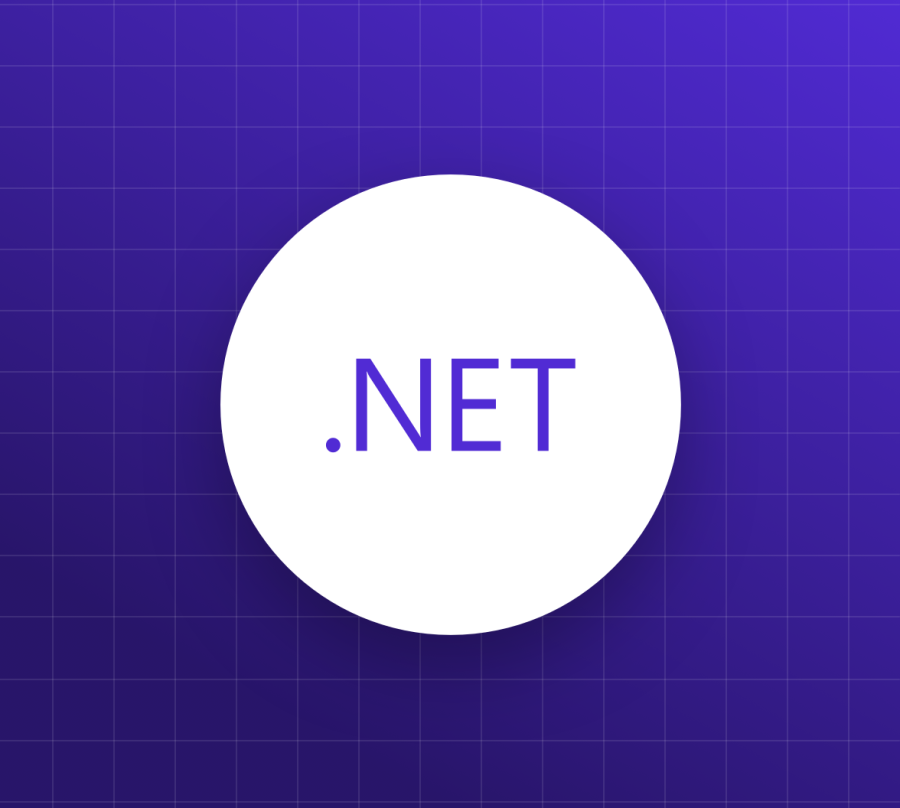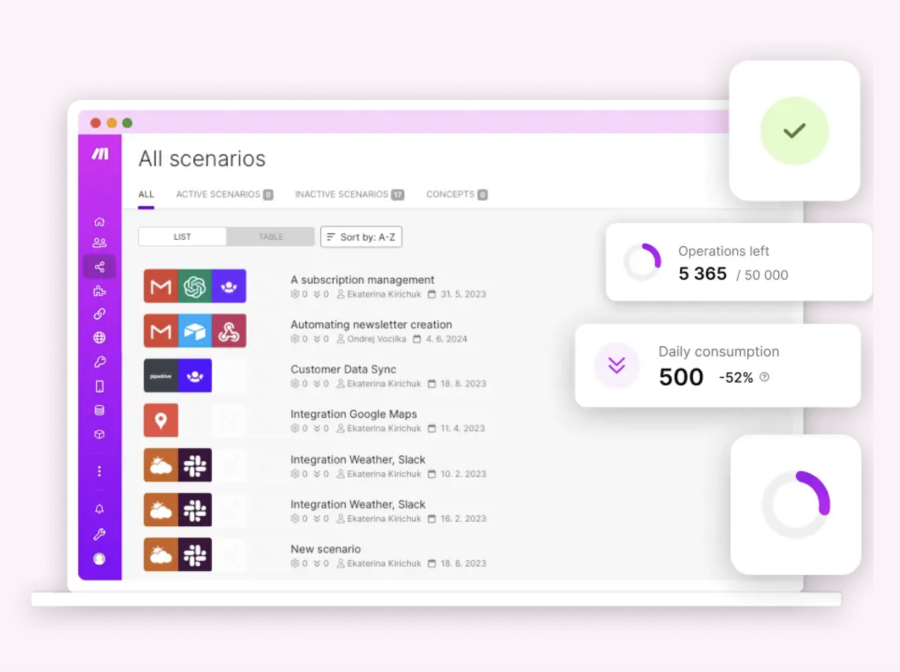.NET: The Ultimate Framework for Modern Software Development
Introduction
.NET is one of the most powerful, versatile, and widely used development frameworks in the world. Created by Microsoft, it has evolved into a cross-platform, open-source ecosystem that supports web, desktop, mobile, cloud, and IoT applications. Whether you're a beginner or an experienced developer, .NET provides a robust environment for building modern applications with high performance and scalability.
This article explores the history of .NET, its core components, benefits, and future trends in software development.
1. What is .NET?
.NET is a free, open-source, and cross-platform development framework used to build a wide range of applications. It supports multiple programming languages, including C#, F#, and Visual Basic, and allows developers to create applications for Windows, macOS, Linux, Android, iOS, and the web.
Key Features of .NET:
✅ Cross-Platform – Develop apps for Windows, macOS, Linux, and mobile devices
✅ Open-Source – Supported by Microsoft and a large developer community
✅ Multiple Languages – C#, F#, and Visual Basic
✅ Performance & Scalability – Optimized for cloud, enterprise, and web applications
✅ Comprehensive Library – Rich collection of APIs for various development needs
✅ Secure & Reliable – Advanced security features for enterprise applications
2. The Evolution of .NET
From .NET Framework to .NET Core and Beyond
- .NET Framework (2002) – The first version, designed primarily for Windows applications
- .NET Core (2016) – A lightweight, cross-platform version of .NET, optimized for performance
- .NET 5 (2020) – Unified .NET Framework and .NET Core into a single platform
- .NET 6, 7, and 8 – Continual improvements in performance, security, and cloud integration
The transition from .NET Framework to .NET Core was a game-changer, making .NET a true cross-platform framework that supports Linux, macOS, and Windows.
3. Core Components of .NET
3.1 .NET Runtime
The .NET runtime is responsible for executing applications and managing memory, security, and performance. It includes:
- CLR (Common Language Runtime) – Runs .NET applications and handles garbage collection
- Just-In-Time (JIT) Compiler – Converts code into machine instructions at runtime
3.2 .NET SDK
The Software Development Kit (SDK) includes the necessary tools to compile, run, and debug .NET applications.
3.3 ASP.NET Core
ASP.NET Core is a powerful web framework that allows developers to create:
- Dynamic web applications
- RESTful APIs
- Real-time applications using SignalR
3.4 Entity Framework Core
Entity Framework (EF) Core is an Object-Relational Mapper (ORM) that simplifies database access by allowing developers to work with data using C# objects instead of SQL queries.
3.5 Blazor
Blazor is a revolutionary framework that allows developers to build interactive web applications using C# and .NET instead of JavaScript. It supports:
- Blazor Server – Runs on the server with WebSocket communication
- Blazor WebAssembly – Runs directly in the browser like JavaScript
4. Why Choose .NET?
4.1 Cross-Platform Development
With .NET, developers can build applications that run on Windows, macOS, and Linux without major code modifications.
4.2 High Performance & Scalability
.NET offers high-speed execution, making it an excellent choice for cloud applications, microservices, and enterprise software.
4.3 Cloud-Optimized with Azure
.NET integrates seamlessly with Microsoft Azure, making it easy to deploy and manage cloud applications.
4.4 Strong Community and Support
With millions of developers and strong Microsoft backing, .NET has excellent documentation, tutorials, and support forums.
4.5 Security & Reliability
.NET provides built-in security features like authentication, encryption, and secure APIs, making it ideal for enterprise applications.
5. Popular Use Cases of .NET
5.1 Web Development
ASP.NET Core is used to create modern, scalable, and high-performance web applications.
5.2 Desktop Applications
Windows Forms and WPF allow developers to create rich desktop applications for Windows.
5.3 Mobile Development
With .NET MAUI (Multi-platform App UI), developers can build native mobile applications for Android and iOS using C#.
5.4 Game Development
.NET is widely used in game development with Unity, one of the most popular game engines.
5.5 AI & Machine Learning
ML.NET allows developers to integrate machine learning capabilities into .NET applications.
5.6 Cloud & Microservices
.NET Core is a top choice for microservices architectures and cloud-based applications.
6. The Future of .NET
Microsoft continues to invest in .NET, focusing on:
🚀 Improved performance and scalability
☁️ Deeper cloud integration with Azure
📱 Enhanced mobile and cross-platform support
🛡 Stronger security features for enterprise applications
The release of .NET 8 and beyond ensures that .NET will remain a leading framework for modern software development.
Conclusion
.NET is a powerful, flexible, and scalable framework used by millions of developers worldwide. Whether you’re building web apps, mobile apps, cloud services, or enterprise solutions, .NET provides the tools and performance needed for success.
If you’re looking for a secure, high-performance, and future-proof development framework, .NET is the right choice!
🚀 Ready to get started? Download .NET and start building today!
4o















